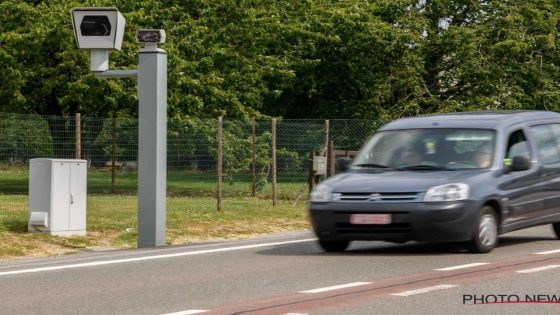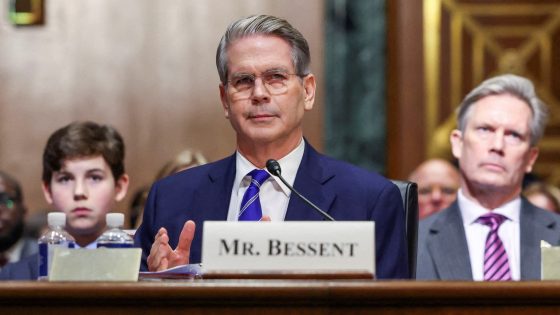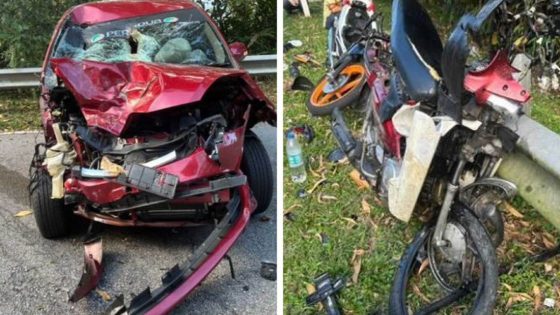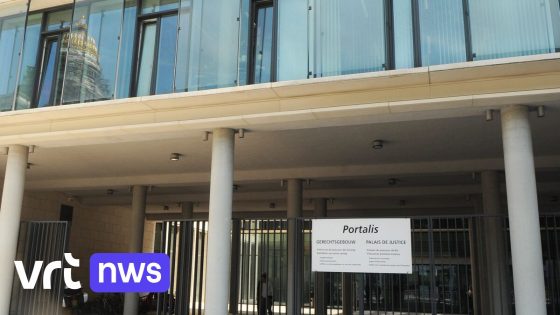On February 11, 2025, Belgium‘s government announced plans to monitor vehicle emissions using sensors and ‘sniffer cars’. This initiative aims to track the pollution levels of passing vehicles. But is this just another step toward a surveillance state that penalizes drivers?
- Vehicle emission monitoring with sensors proposed
- Criticism from Vlaams Belang's Bart Claes
- Concerns over privacy and surveillance increase
- Questions about measurement reliability raised
- Foreign drivers potentially escaping penalties
Belgium’s New Emission Monitoring Plan: A Step Towards Increased Surveillance?
This latest move by the Flemish government has sparked debate. Are we heading towards a society where every driver is constantly monitored? Many fear that this will only add to the existing burden on motorists.
The Impact of Vehicle Emission Sensors on Drivers’ Privacy Rights
The introduction of emission sensors and sniffer cars has raised significant concerns regarding privacy. Critics argue that these measures target everyday drivers without addressing broader issues related to pollution control. How can we ensure fairness in enforcement?
Potential Issues with Emission Measurement Accuracy
The reliability of the proposed measurement systems remains uncertain. Questions arise about how accurately these devices will gauge emissions and whether they can be trusted:
- Will foreign drivers face the same scrutiny as local ones?
- How transparent will the data collection process be?
- What safeguards are in place to protect driver information?
- Could this lead to increased fines for innocent errors in measurement?
The Economic Impact on Belgian Motorists
This initiative could have financial implications for many Belgians. With potential fines looming, how will families manage their budgets? Increased costs from penalties might strain already tight finances:
- Poorly defined regulations may lead to confusion.
- A surge in fines could disproportionately affect low-income drivers.
- Lack of clarity may discourage responsible driving behaviors.
This situation invites further discussion on balancing environmental goals with individual rights. What do you think about this approach? Should there be more transparency in how these systems operate?
































